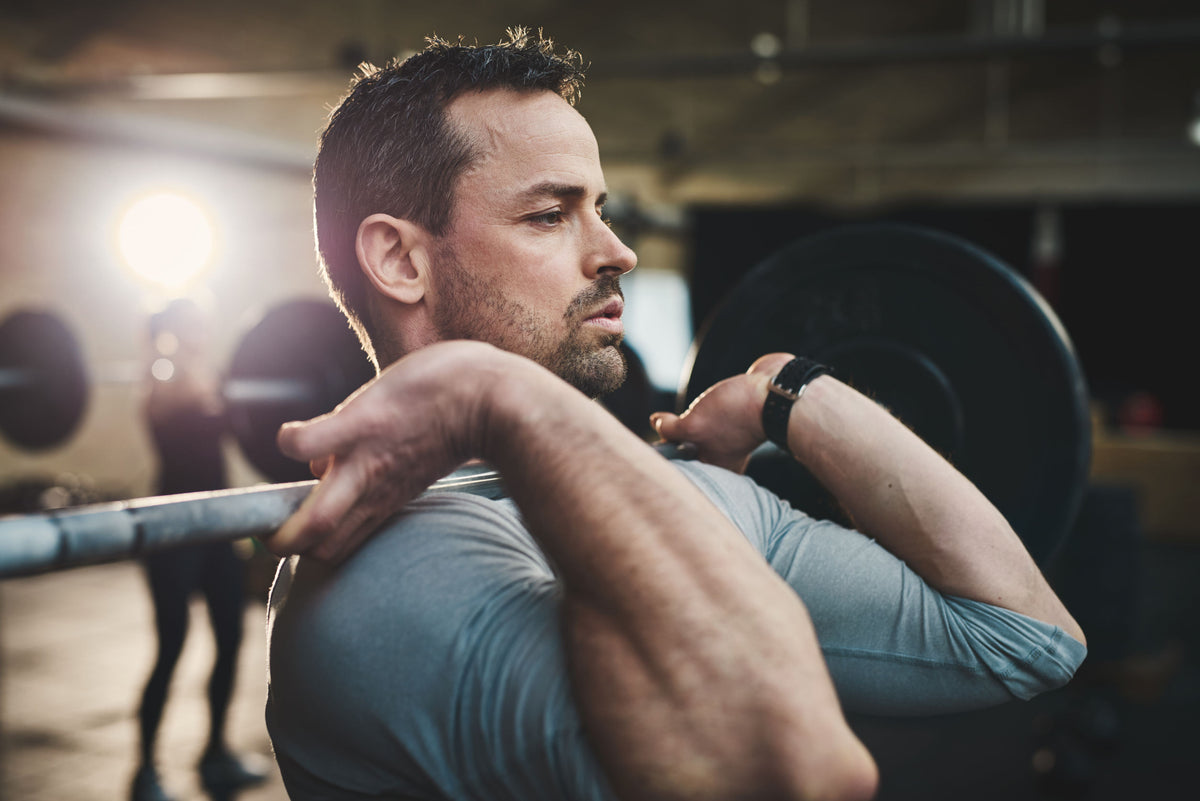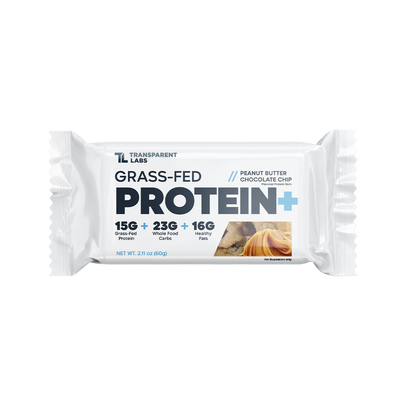How Much Vitamin D3 Should Athletes Take?

As an athlete, you know how to push your body to the limits and achieve success. You also know that providing your body with key nutrients, vitamins, and minerals is essential to attaining your peak performance.
Recent research indicates that vitamin D is of particular importance for athletes [1]. Studies show that vitamin D helps protect against injuries [2] and illness, promotes optimal physical performance, and supports bone health [3, 4].
Studies suggest that it may even raise testosterone levels [5] and decrease inflammation [6]. Vitamin D deficiency is also associated with an increased risk for cardiovascular disease [7]. Due to the many benefits of vitamin D, many athletic research studies on the optimal level of this vitamin for athletes have been carried out. These studies indicate that 4,000 IU to 5,000 IU is the optimal daily dose for athletes. [31]
How much Vitamin D do I need?
The US Dietary Recommendations for Vitamin D are 600 IU for adults, although significant research indicates that this falls far below what most people (and athletes in particular) need for optimal health. [26] Many studies indicate that optimal of Vitamin D is at least 4,000 IU daily, with some studies suggesting that up to 10,000 during winter months.
It is not recommended that anyone should take more than 10,000 IU daily without a doctor’s supervision, as symptoms of toxicity can develop. [29] Overdose symptoms can include mental confusion, nausea, and vomiting, but are only rarely seen. A high quality dose of 5,000 IU of Vitamin D is an excellent investment in your health and is a safe level for athletes.
There are two forms of vitamin D available in supplement form. Vitamin D3 is the over-the-counter supplement available, while vitamin D2 is the prescription form. Surprisingly, research consistently indicates that the over-the-counter form (vitamin D3) is more easily absorbed by the body and the best form to take by athletes and the general population. [22]
Why do athletes need more Vitamin D?

Vitamin D has an important role in supporting many body systems, including the muscles, the nervous system, and the immune system [8]. This makes vitamin D of particular importance to athletes. Vitamin D also plays a critical role in the absorption of calcium [9], which is important for building strong bones; if you do not get enough vitamin D, you cannot absorb and utilize calcium, which has lasting implications [10].
Scientific research indicates that adequate vitamin D intake throughout life helps prevent stress fractures [11], muscle injuries [12], sick days [13], and long term diseases [14]. Furthermore, athletes who are vitamin D deficient and engage in long term training are at high risk of skeletal injuries, autoimmune diseases [15], and arthritis [20].
Due to the significant benefits of vitamin D to athletes, slightly higher levels of vitamin D in the blood are recommended for athletes than non-athletes. In addition, studies indicate that athletes have increased risk of developing vitamin D deficiency during training, due to changes in body composition. [27]
Vitamin D Quick Facts

- Studies indicate that vitamin D is essential to immune function, physical performance, bone health, injury prevention, and even optimal hormone levels. [8], [11], [14]
- Studies show that most athletes in the United States do not have adequate levels of vitamin D. [17]
- Vitamin D deficiency can contribute to the following symptoms: fatigue, muscle aches, pain, balance problems, thinning hair, mental fogginess, bone loss, stress fractures, increased susceptibility to illness, and erectile dysfunction (ED) [6], [16].
- Studies indicate that inadequate levels of vitamin D are associated with increased risk of injuries in athletes, decreased tolerance of pain, and slower muscle recovery times. [30]
- Diseases associated with vitamin D deficiency include prostate cancer, [7] Alzheimer’s Disease, dementia, [8] and heart disease. [9]
- Three out of four adults in the US do not have enough vitamin D. [23]
- Research indicates that the incidence of vitamin D deficiency among the adult population of the United States has been rising since the 1980s. [24]
What athletes should supplement with vitamin D?
Your risk factor for being Vitamin D deficient is based on where you live, your lifestyle, your genetics, and other factors.
Vitamin D is also known as the sunshine vitamin because your body can make this vitamin from ultraviolet B rays. However, it takes a lot of sunshine year-round for the body to make enough of this vitamin. So, if you live near the beach in a climate that’s warm year-round (think: San Diego), and you go running every day in your swimsuit along the beach, you are probably getting sufficient Vitamin D. If you live in a climate that has four seasons, or you exercise indoors at a gym for most of the year, you will probably be missing out on vitamin D, and will have some a vitamin D deficiency for all or part of the year. Most people in the United States, Canada, and Europe live too far north of the equator for their bodies to make adequate vitamin D from sun for most of the year. [18]
Regardless of the sport they participate in, the majority of athletes in the US are Vitamin D deficient. [18] Athletes who train indoors year round may be at increased risk of vitamin D deficiency. This may be shown by an increased incidence of inflammation, poor jumping velocity and power, lowered strength, and increased risk of fractures and stress fractures. [28]
Athletes living near the equator are the least likely to be deficient; people living north of the equator have varying risk of deficiency, depending on how far north they live and time spent in the sun. If you are wondering how high your risk is of having a Vitamin D deficiency based on your location in the United States, look at a map. If you live in a city north of Los Angeles (or north of 35 degrees latitude), you have a high risk of vitamin D deficiency. [19] If you’re an athlete living north of this line, numerous studies recommend that you take a Vitamin D supplement to prevent injuries and promote optimal muscular performance. [20]
If you have darker skin, you have an additional risk of being Vitamin D deficient, regardless of where you live. Darker skin blocks a lot of the UV rays that the body needs to synthesize Vitamin D. Studies indicate that 82.1 percent of African-Americans are vitamin D deficient and 69.2 percent of Hispanics are also vitamin D deficient. [21]
So, if you have dark skin (or even sun tanned skin), you are at increased risk and may want to discuss vitamin D supplementation with your doctor. In addition, lifestyle factors can also contribute to your particular risk factor of having a vitamin D deficiency. This could include how much time you spend in the sun and whether you wear sunscreen to protect your skin from aging and skin cancer. Sunscreen blocks the UV rays that cause sunburn and premature aging, and while that’s good for skin cancer prevention, it also means your body is not getting exposed to the UV rays you need to synthesize Vitamin D from sunshine. [25]
Can I get Vitamin D from food?

You can get some vitamin D in foods you eat, particularly fatty fish and some fortified dairy products. However, food sources are insufficient to maintain a healthy Vitamin D level. [20] it would take a huge amount of salmon and milk to make up a full day’s supply of Vitamin D. If you tried to get 4,000 IU of Vitamin D from Vitamin D fortified milk, you’d need to drink 400 cups of milk (which each contain about 100 IU of Vitamin D) every day. Research that specifically targeted athletes’ dietary consumption of foods high in vitamin D indicated little benefit from dietary sources alone.
Vitamin D3 Supplementation for Athletes Highly Recommended

Based on the many risk factors associated with low levels of Vitamin D, it is highly recommended that all athletes consider Vitamin D supplementation.
In particular, athletes living above 35 degrees latitude [20] should take vitamin D daily. Studies focusing on the dosage for athletes in particular point to the optimal dose being 4,000 IU to 5,000 IU daily. [31] Dozens of studies attest that Vitamin D3 is the form most readily available by the body and is the preferred source for Vitamin D supplementation. [22] Athletes with darker skin tone or tanned skin should consider vitamin D3 supplementation regardless of their location. In addition, the rigors of training and related changes in body mass add additional risk of vitamin D deficiency to the athlete. [27] Vitamin D3 offers many sports performance benefits and should be included in a daily regimen for most athletes in the US. [31]
If you want to become a better athlete, make sure you are getting sufficient Vitamin D. Try our Rawseries Vitamin D-3 supplement to learn firsthand that Vitamin D is more than just your average nutrient!









